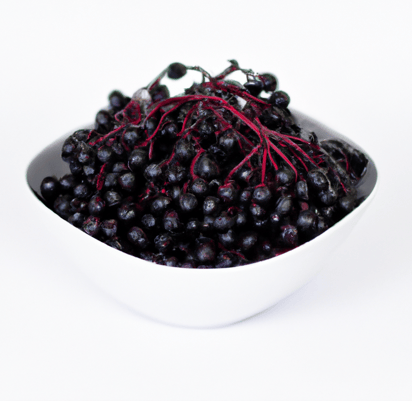Elderberry: Important Facts, Health Benefits, and Recipes
Explore the health benefits, uses, and history of elderberry in our comprehensive guide, and learn how this antioxidant-rich fruit can boost immunity, improve heart health, and more.

Explore the health benefits, uses, and history of elderberry in our comprehensive guide, and learn how this antioxidant-rich fruit can boost immunity, improve heart health, and more.
